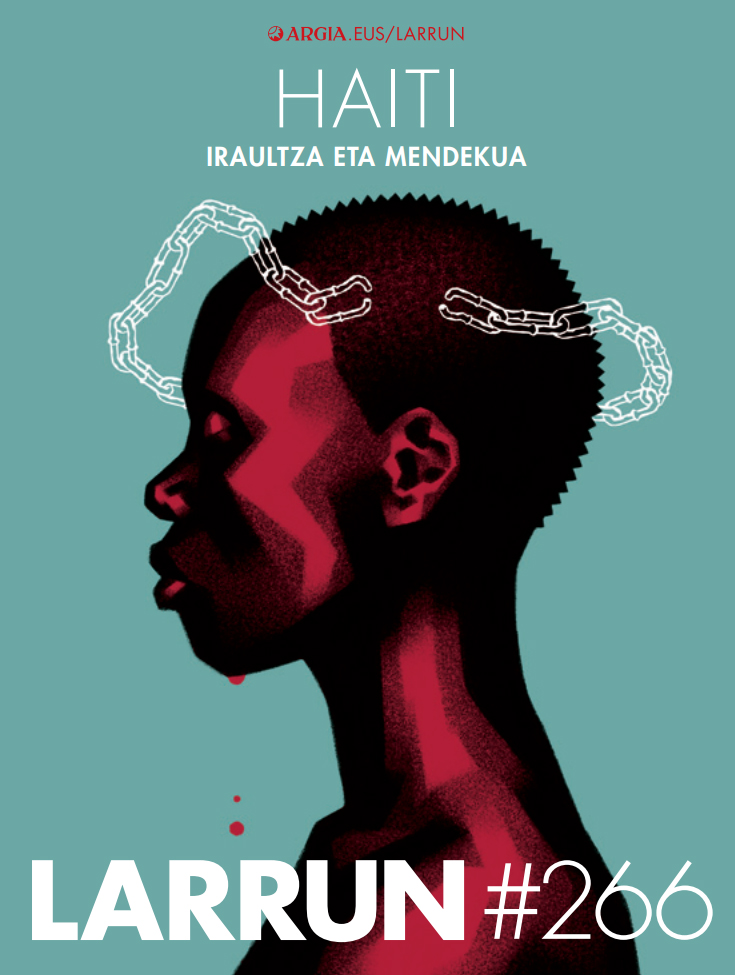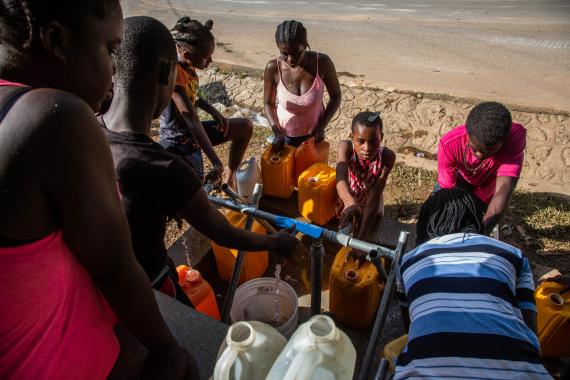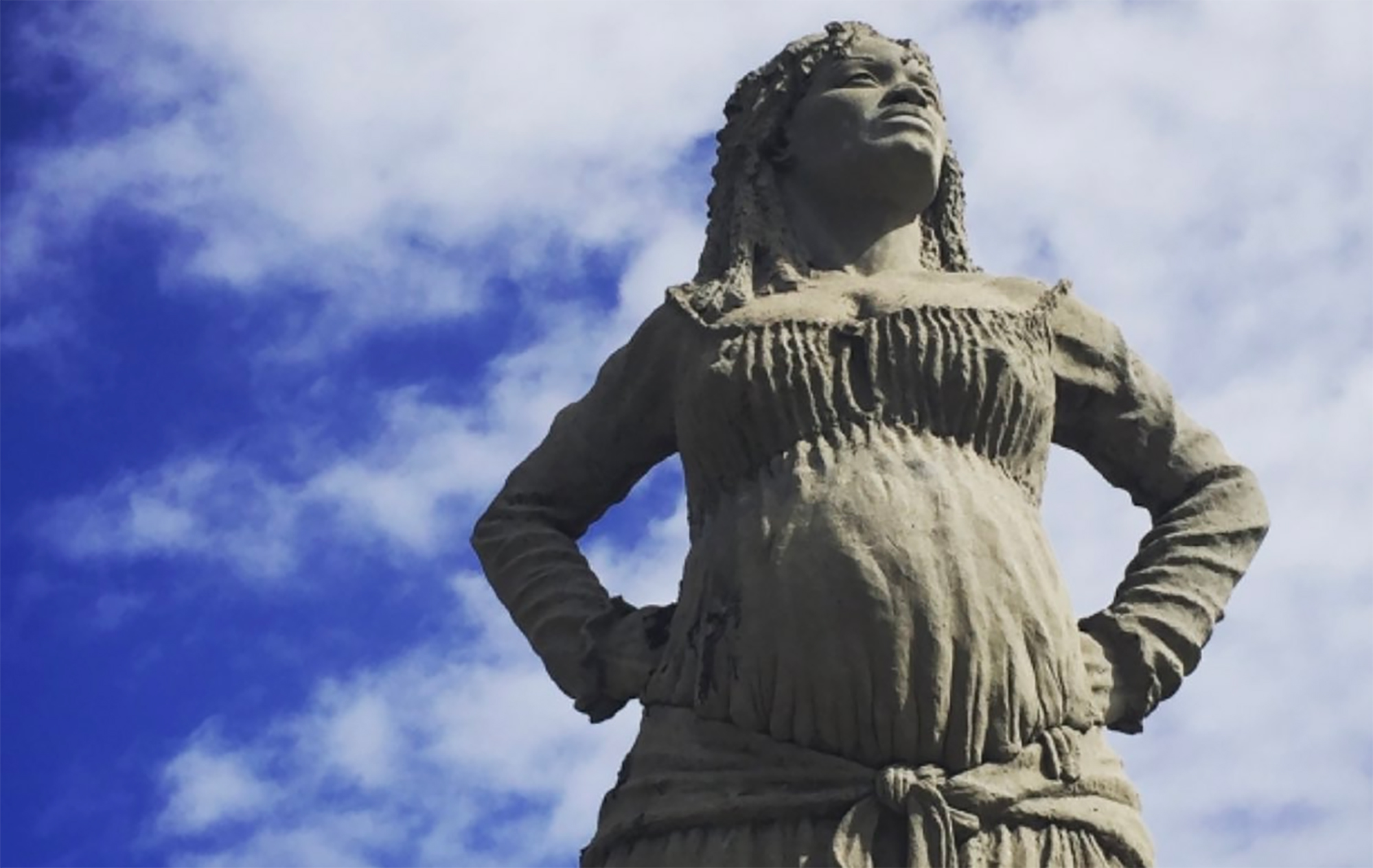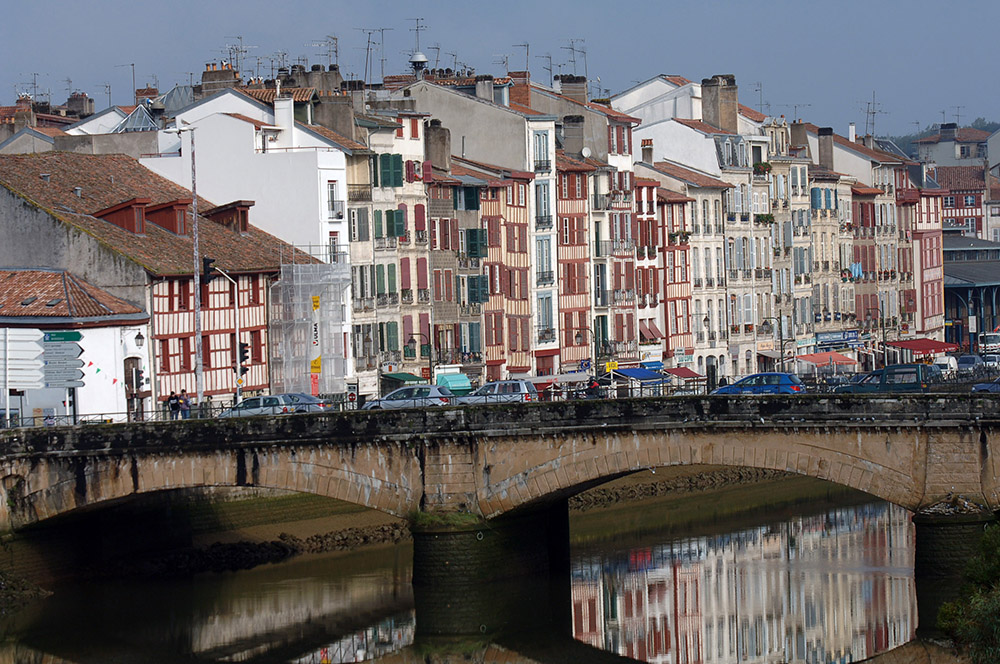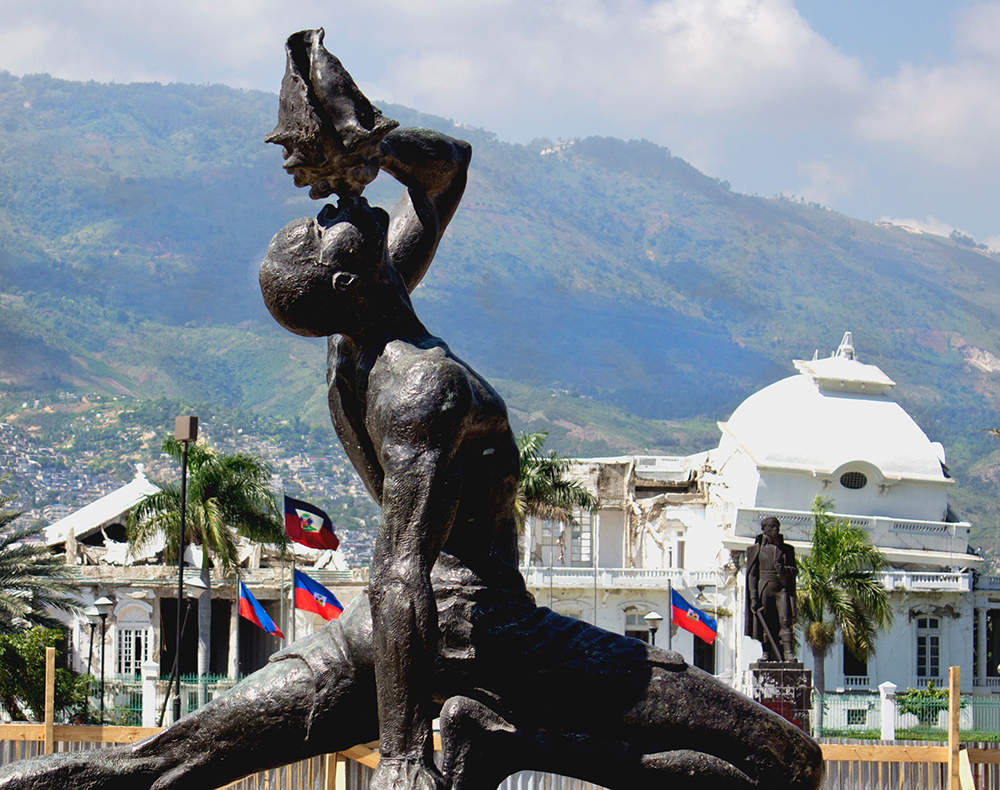Independence debt: The origin of the misery in Haiti
- The current situation of misery in Haiti has its explanation in the revolutionary past of the country: it is the result of revenge. In 1825, France forced Haiti to compensate its former settlers with 150 million francs of gold for land losses and slaves.
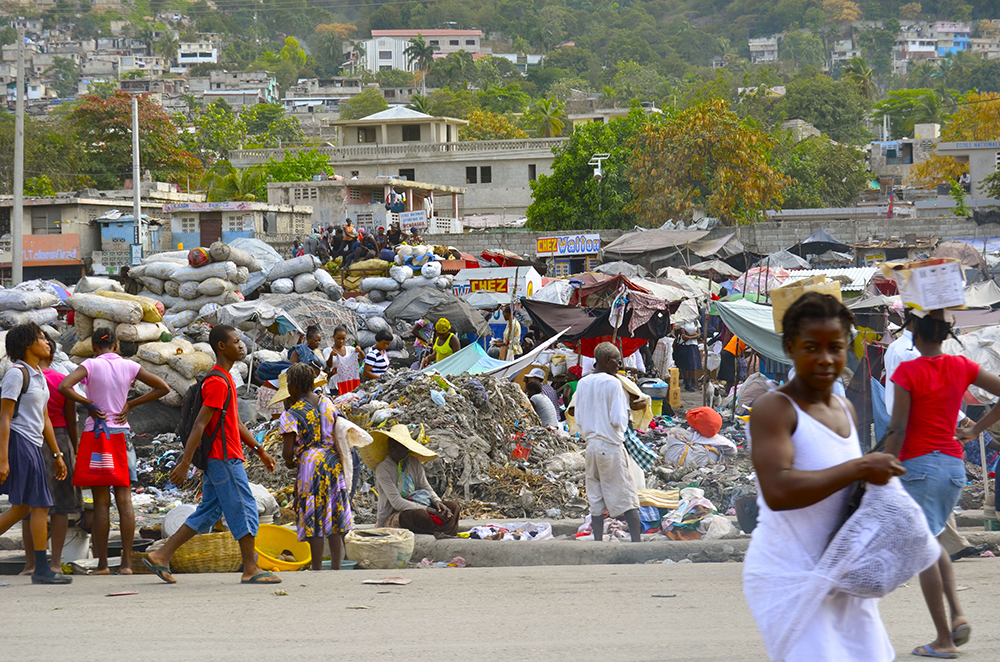
However, it has one of the poorest and most dependent economies in the world. 60% of its annual budget is financed from external aid and the money that Haitians in exile spend on their country accounts for almost a third of GDP. It doesn't exist in the world. On the other hand, the price increase was 22% last year, when six out of ten inhabitants barely exceed 2 dollars a day, less than a dozen eggs in the country.
All this misery has its explanation in the revolutionary past of Haiti: it is the result of revenge. Since its independence in 1804 – read here a comprehensive report explaining the origin and evolution of these facts – Haiti contributed to the process of liberation of various colonies. President Alexandre Petión took Simon Bolivar with his arm opened in 1815 and offered him ammunition and soldiers. A similar effect had on the anticolonal struggles of Martinique, Jamaica, Mexico and the United States.
From 1915 to 1934, the North American Marines occupied the country. U.S. investors bought Haiti's debt with France and got the best land for Banana Fruit, aiming to set up a monoculture for export
But colonialism wanted to cut wings to solidarity and put a price on revolution. In 1825, France, with the help of the French Haitian elite, forced former settlers to compensate for losses in land and slaves with 150 million francs of gold. As a threat he sent a fleet of boats to block the capital of Port-au-Prince. It was a round formula: it could only get money from Hai, the first country that suffered the external debt, indebted to the French banks. This has been called “the debt of independence” because it served him to gain some international diplomatic recognition. Soon after he was able to renegotiate the extortion and drop to EUR 90 million, but the Haitians had to pay the debt until 1947, allocating much of the public spending to it.
In 2003, Haiti’s President, Jean-Bertrand Aristide, the first democratically elected, proclaimed aloud that “France is the debtor of Haiti”, and that these stolen golden francs are now $21 billion. But when François Holland travels to the island, the first time a French president visited the country for two centuries, he only talked about the “moral” debt.
Haitian gold at New York Bank
Haiti's dependence continued with the U.S. invasion. The marines occupied the country between 1915 and 1934, in order to avoid the increasingly marked influence of the Germans in the Caribbean Sea. U.S. investors bought Haiti’s debt with France and obtained the best land for the company Banana Fruit, in order to establish a monoculture for export; thus, the gold reserves of the Haitian bank – $500,000 from the time – were transferred to the National City Bank of New York, as can be read in the State Department file. Anti-occupational movements (students, feminists, workers...) were heavily crushed by American soldiers: they killed and raped thousands of Haitians and looted natural resources during these twenty years.

The black hand of the United States is also easily perceived in the coups and dictatorships that have occurred in Haiti since then. In 1957, Dr. François Duvalier seized power with the protection of black citizens, but soon Pope Doc established an “anti-communist” ally and savage repression in the United States. His successor, Jean-Claude Duvalier Baby Doc, continued with a bloody regime. It is estimated that 40,000 people disappeared in those 30 years. In 1986, unprotected by EE.UU., Baby Doc had to leave the country until the protest, which took refuge in France, but first stole them between 500 and 900 million dollars, leaving the country again in an economic catastrophe.
The progressive reforms enacted by Aristide in the 1990s, after the implementation of the 1987 Constitution, could not succeed due to military interventions. Since the 2004 coup d ' état, Haiti has been suffering what is in practice the intervention of the umpteenth, and many alter-world organizations have denounced that the United Nations Stability Mission (MINUSTAH) has only brought to this land that was formerly called the " pearl of the Antilles " a waste and an excess of unnecessary money.
Despite the black skin and curly hair, they remained invincible men, with the intelligence and resentment of human beings.” So he wrote about the slaves CRL James in the book Jakobino Beltzak, who masterfully narrates the Haitian revolution. So many brutalities, torture and... [+]







